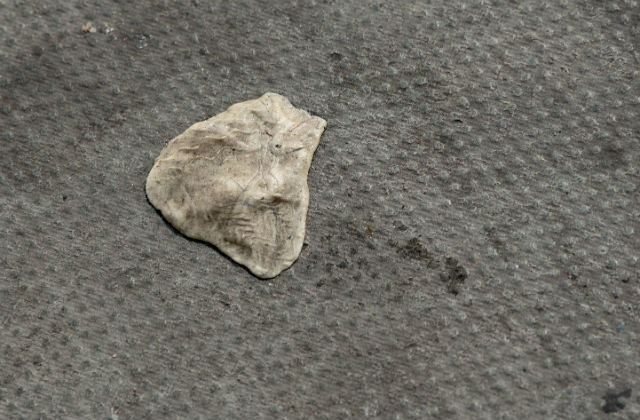Chewing gum on Britain's streets

There is coverage in The Times this morning of the cost to local councils of cleaning up chewing gum on Britain’s streets.
The piece contains criticism from Clean Up Britain on the work of the Chewing Gum Action Group, of which Defra is a member, and notes this comes as the government publishes a consultation today on taxes and charges to help reduce single use plastics, and possibly a levy on gum. Any new taxes or charges are a matter for the Treasury.
We are clear that effective campaigns led by industry can change behaviour around disposing of chewing gum but, as we set out in our national Litter Strategy last year, we are not ruling out the possibility of further regulation if that is what is required to achieve real change.
A Defra spokesperson said:
Littering blights our communities, spoils our countryside and taxpayers’ money is wasted cleaning it up.
As set out in our ambitious national Litter Strategy last year, we will continue to work with industry to tackle particularly problematic litter, including chewing gum.
Effective campaigns led by industry can change behaviour around disposing of chewing gum but we are not ruling out the possibility of further regulation if that is what is required to achieve real change.
Microplastics in rivers
The Telegraph, BBC News and The Times have today reported on research from the University of Manchester which found the River Tame near Manchester has the highest level of microplastic pollution of any river in the world.
We are very clear that plastic pollution is a threat to our natural environment and are working with the Environment Agency and the water industry to reduce the amount that enters our land, rivers and the sea and protect wildlife for future generations.
We have already set out in our ambitious 25 Year Environment Plan measures to eliminate avoidable plastic altogether by the end of 2042 so that we leave our environment in a better state than we found it, including plans to extend the 5p plastic bag charge, improve recycling rates and explore plastic free aisles in supermarkets. We have already introduced a world-leading ban on microbeads.
Pollutant loads to rivers from the water industry have declined significantly in recent years, and over 70% of rivers now receive ‘good or better’ status in terms of their biological health – up from 56% in 1990.